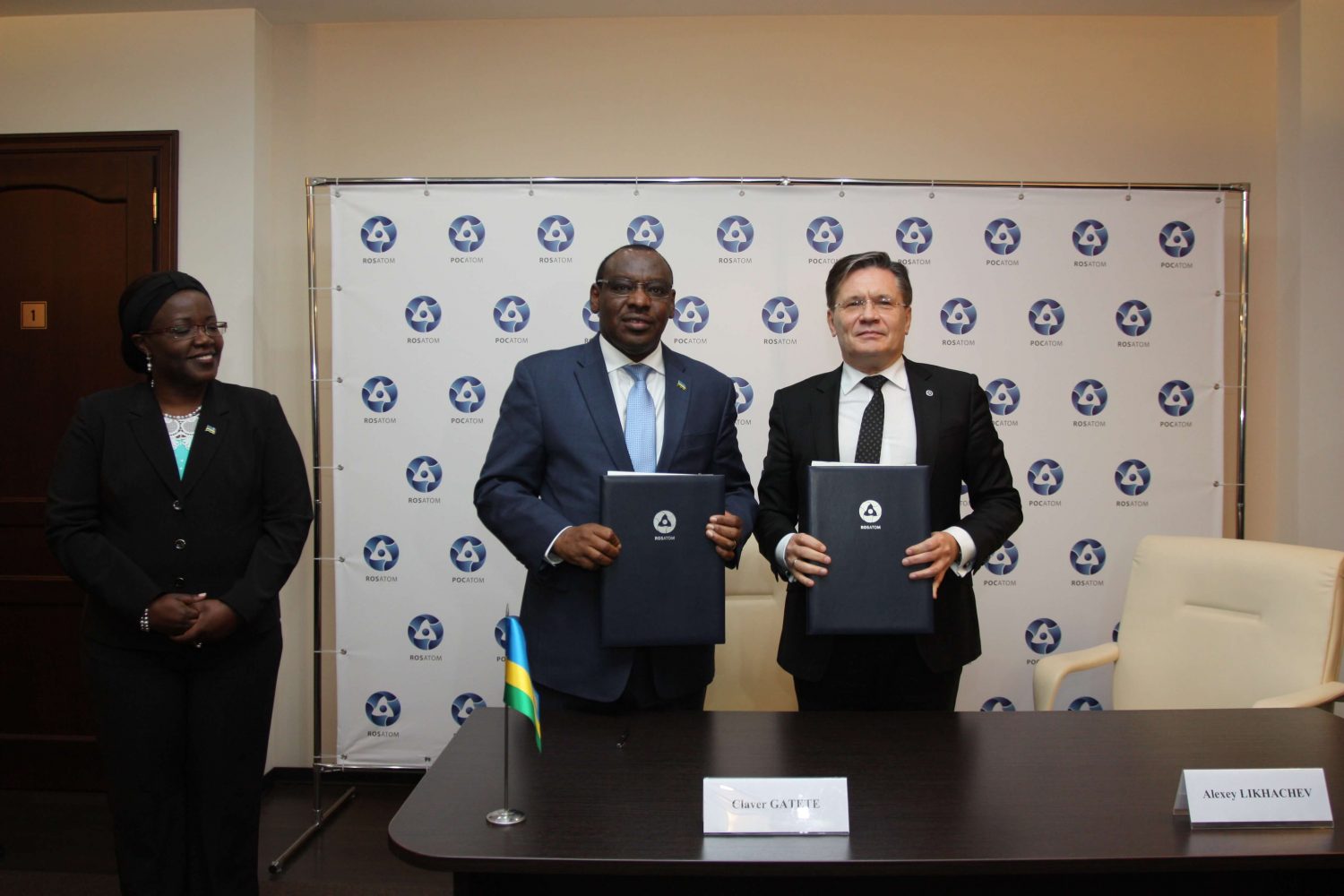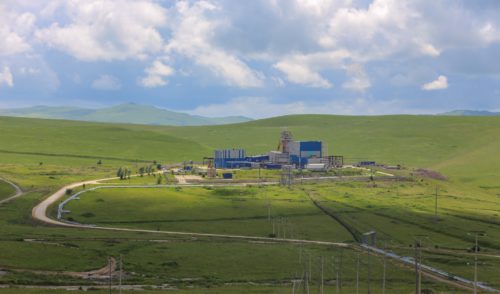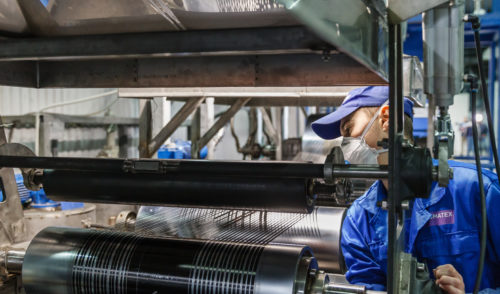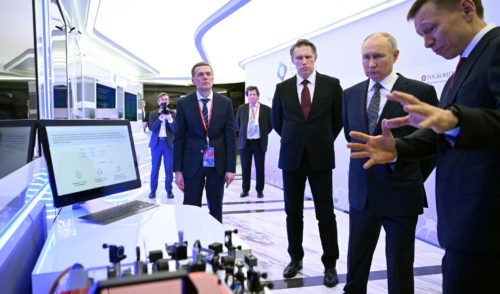
Cooperation in Africa
back to contentsRwandan Minister of Infrastructure Claver Gatete and Rosatom’s Director General Alexey Likhachev signed the agreement to cooperate in the civil nuclear energy sector on December 5 during the visit of Rwanda’s delegation to Moscow.
The new document will be a starting point for a nuclear energy dialogue between Rwanda and Russia. It creates a legal framework enabling the countries to carry out specific projects. “We are glad to give our Rwandan colleagues access to more than 70 years of Russia’s expertise in civil uses of nuclear energy. We hope that our cooperation in this field will contribute to Rwanda’s economic growth and improve local living standards,” Alexey Likhachev said.
The multitude of cooperation areas includes the construction of a nuclear science and technology center and a nuclear power plant in Rwanda. Russia will also help Rwanda develop its nuclear infrastructure to meet international nuclear industry standards and radiation safety requirements, maintain security of nuclear materials and radiation sources, and establish storage facilities for nuclear materials and radioactive waste. The framework agreement between the countries provides for joint fundamental and applied nuclear research and production of commercial isotopes for industry, medicine and agriculture. It also covers shipments of machinery and materials, organization of seminars and conferences, and training of technical and research staff for the industry. Working groups will be established to carry out specific projects and research initiatives.
The framework cooperation agreement is a logical continuation of the memorandum of understanding signed by Rosatom and the Ministry of Infrastructure of Rwanda on June 22 of this year in Moscow. Since then, representatives of Rwanda have visited a number of research centers and operational power plants in Russia, including the Joint Institute for Nuclear Research (JINR) and the Novovoronezh-II NPP.
Rwanda is interested in training its nuclear staff at JINR and joint research projects with this institute. “I hope that our researchers will be helpful to the Russian research institute, gain invaluable experience there and share it locally,” said Jeanne d’Arc Mujawamariya, Rwandan Ambassador Extraordinary and Plenipotentiary to Russia. According to her, Rwanda has had a similar experience with CERN, but wants to give students more opportunities with JINR. Constructing a nuclear plant is Rwanda’s national project; this is why it was important for stakeholders to see the world’s first Generation III+ reactor unit at Novovoronezh-II.




